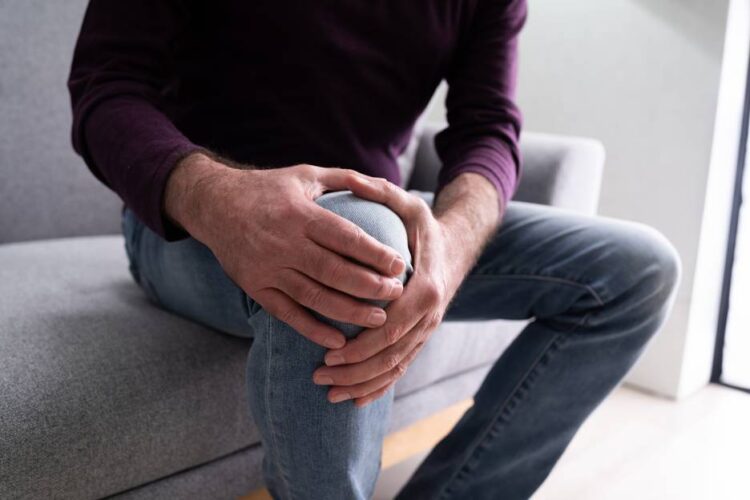Joint pain management can be difficult and disruptive. Numerous things, including aging, arthritis, inflammation, trauma, or underlying medical issues, might cause it. In addition to seeking medical attention from a specialist when the pain is severe, there are a number of home treatments that can ease joint pain. It’s critical to investigate more natural approaches for treating and managing joint discomfort. Yatharth Super Speciality Hospitals’ Director and Head of Orthopedics and Joint Replacement, Dr. Amit Nath Misra, offered eight practical ways to relieve pain.
EXPERIENCING JOINT PAIN? 8 REMEDIES THAT CAN HELP ALLEVIATE DISCOMFORT
1. Regular Exercise:
• Engage in low-impact exercises like swimming, walking, or cycling to promote joint flexibility and reduce stiffness.
• Incorporate strength training to enhance muscle support around joints, relieving pressure and improving overall joint function.
2. Maintain a Healthy Weight:
• Achieve and maintain a healthy weight to reduce the load on joints, particularly in weight-bearing areas such as the knees and hips.
• Consult with a healthcare professional or a nutritionist for personalized guidance on a balanced diet that supports weight management.
3. Hot and Cold Therapies:
• Apply heat packs or warm towels to soothe joint stiffness and improve blood circulation.
• Alternately, cold compresses or ice packs can help alleviate inflammation and numb the pain in the affected joints.
4. Joint-Friendly Diet:
• Include anti-inflammatory foods in the diet, such as fatty fish rich in omega-3 fatty acids, turmeric, ginger, and leafy green vegetables.
• Consider dietary supplements like glucosamine and chondroitin, which may support joint health. Seek advice from a nutritionist before intake of supplements.
5. Proper Posture and Joint Protection:
• Maintain good posture to prevent additional stress on joints, especially those in the spine, neck, and lower extremities.
• Use assistive devices or ergonomic tools to reduce strain on joints during daily activities.
6. Medication Management:
• Nonsteroidal anti-inflammatory drugs (NSAIDs) may be recommended for pain relief and reducing inflammation. Consult a healthcare provider for proper dosage and potential side effects.
• Topical analgesics, such as creams or patches, can provide localized relief to specific joint areas.
7. Physical Therapy:
• Consult with a physical therapist for tailored exercises that focus on improving joint strength, flexibility, and overall function.
• Physical therapy sessions may include manual therapy techniques, stretching, and targeted exercises.
8. Stress Reduction Techniques:
• Practice stress management techniques like mindfulness, meditation, or deep-breathing exercises, as stress can exacerbate joint pain.
• Incorporate relaxation methods into daily routines to promote overall well-being.
Source:IE








 Finance
Finance







